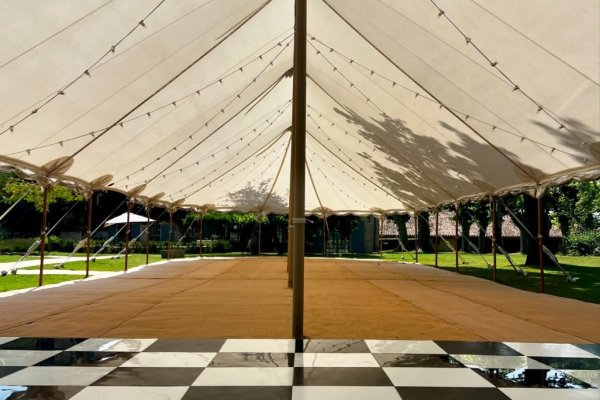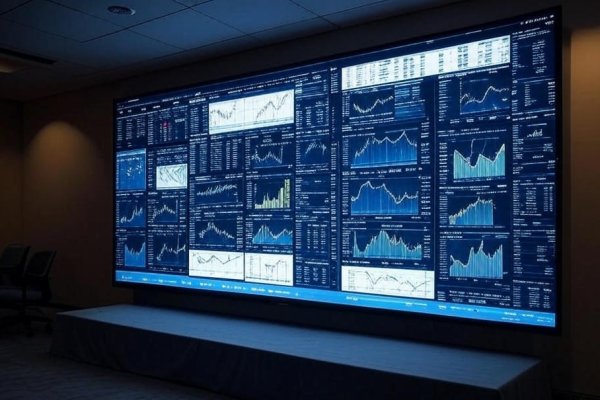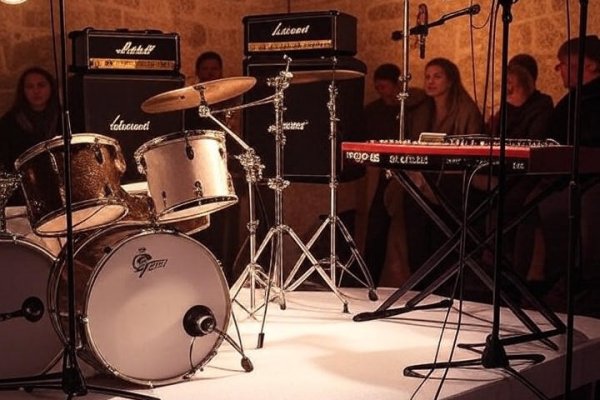How to Choose a Wedding Date
20/11/2023After your engagement, one of the first questions friends and family will excitedly be asking is when is the big day? While you shouldn't feel any pressure to have a date selected immediately, it is important to choose a date relatively soon so that you can begin making key wedding planning decisions.
Many factors will influence your decision, including practical considerations, venue availability, and personal preferences.
With that in mind, here's a quick guide to help you choose a wedding date that works for you.
1. Determine If Any Dates Are Symbolic to You as a Couple
Many couples choose to wed on symbolic dates, such as the anniversary of their first date or their first kiss. If there is a date that is meaningful to you and your partner, that can be a great starting point for choosing a wedding date.
Of course, you might have to change your specific date slightly if it falls right in the middle of the working week or on a significant public holiday. But you can still use it as a basis for your decision-making.
2. Consider the Practicalities of Your Wedding Date
There are some practical considerations that you'll need to take into account when selecting a date, such as work schedules, school holidays, and weather conditions.
For example, if you're hoping to have a wedding outdoors, you'll need to start your search for a date during the spring, summer, and potentially very early autumn to have a realistic chance of having good weather conditions on the day. By contrast, if your wedding vision is for an indoor celebration, the weather becomes much less of a concern.
Likewise, take your guests' availability into account. Are you going to be able to get all of your friends and family together in the middle of the school holidays, or will most of them be away? Is hosting a wedding on a weekday realistic, or will too many of your guests have to miss work?
These are just a few of the practical considerations you'll need to factor into your decision.
3. Factor in Venue Availability
If you have a specific venue (or type of venue) in mind for your wedding, that will play a role in your choice of date.
For example, suppose you're set on a marquee wedding in a particular rural estate. In that case, you'll need to ensure that the venue is available on your chosen date and that the weather conditions will be conducive to an outdoor celebration. By contrast, if you're hoping to get married in a popular church or ceremony venue, you might need to book well in advance to secure your preferred date.
That's why it's an excellent idea, even if you haven't yet decided on a venue, to start considering dates as soon as possible after your engagement. It will give you the best chance of choosing from a range of dates that work for you and your venue.
4. Consider Your Preferred Wedding Vision
Everyone has an idea of their dream wedding. From the floral decorations and the location to the music and food, you probably already have a good sense of what you want your wedding day to look and feel like.
When considering dates, consider how well each option aligns with your preferred wedding vision. For example, if you're hoping for an intimate winter wedding, a date in December might be perfect. But if you're dreaming of creating a summer garden party vibe, you might need to wait until June or July.
Of course, your wedding doesn't have to match your vision perfectly, and you can always make adjustments and compromises to accommodate your preferred date. But it's worth considering how well each potential wedding date aligns with what you're hoping for on your big day.
5. Take Costs Into Account
Choosing the perfect wedding date for you is undoubtedly important. But you also need to factor in the cost of getting married on your chosen date.
For example, if you're set on a Saturday in June, that's likely to be one of the year's most popular (and therefore expensive) dates. By contrast, if you're willing to consider a date during the week or out of season, you might be able to save some money.
The so-called wedding season tends to run from around May to September, with June, July, and August being the most popular months to get married. If you're set on a date during this time, you'll need to be prepared to pay a premium. But if you're willing to be flexible with your date, you might be able to find some great deals.
Weekdays are also generally cheaper than weekends, so if you're not set on a Saturday wedding, that's another way to potentially save some money.
Of course, your budget is just one part of the equation, and you shouldn't necessarily let costs dictate your decision. But it's worth considering them as you narrow down your options and try to choose a date that works for you and your wallet.
6. Consider Getting Married Abroad
One of the reasons so many people get married at the same time of year is the weather, with the warmer months being the most popular for weddings. But if you're willing to think outside the box, you could consider getting married abroad to secure wedding dates that might otherwise be unavailable.
There are plenty of benefits to getting married in another country. For one thing, it can often be cheaper than getting married at home. And you also won't have to worry about the weather putting a dampener on your big day if you choose somewhere such as the south of France, where the weather is almost guaranteed to be good.
Of course, there are some downsides to getting married abroad as well. For one thing, it can be a lot more complicated to plan a destination wedding. And not all of your guests will be able to make the trip. But if you're willing to put in the extra work, getting married abroad can be a great way to save money and secure your dream date.
7. Explore Wedding Supplier Availability
Do you already have your heart set on a particular photographer or makeup artist? Or perhaps there's a live band you simply can't imagine having a wedding reception without.
If you've already set your heart on specific suppliers, it's worth checking their availability before choosing a date. Many of the best suppliers get booked up well in advance, so if you have your heart set on someone in particular, you might need to be flexible with your date to secure their services.
Of course, you might not have any specific suppliers in mind yet. But even if you're starting from scratch, it's worth considering the availability of wedding suppliers in your area before you choose a date. If you're getting married during the peak season, you might find that the best suppliers are already booked up. So if you're set on a specific date, it's worth starting your search for suppliers early to avoid being disappointed.
8. Be Prepared to Compromise
Even if you have a clear vision for your wedding, a list of preferred venues, and a firm time of year you want to get married, it's important to be prepared to compromise.
The reality is that weddings are enormous, multifaceted events, and you might not be able to have everything exactly the way you want it. For instance, if you're set on a Saturday in August at your dream venue, you might need to be prepared to pay a premium and have flexibility right across the month to make that work.
Of course, there will be some things you're not willing to compromise on. But it's essential to go into the planning process with an open mind and be prepared to make some concessions along the way. With so many factors to consider, it's impossible to have everything exactly how you want it. But if you're willing to make small sacrifices here and there, you should be able to find a wedding date that works for you.











